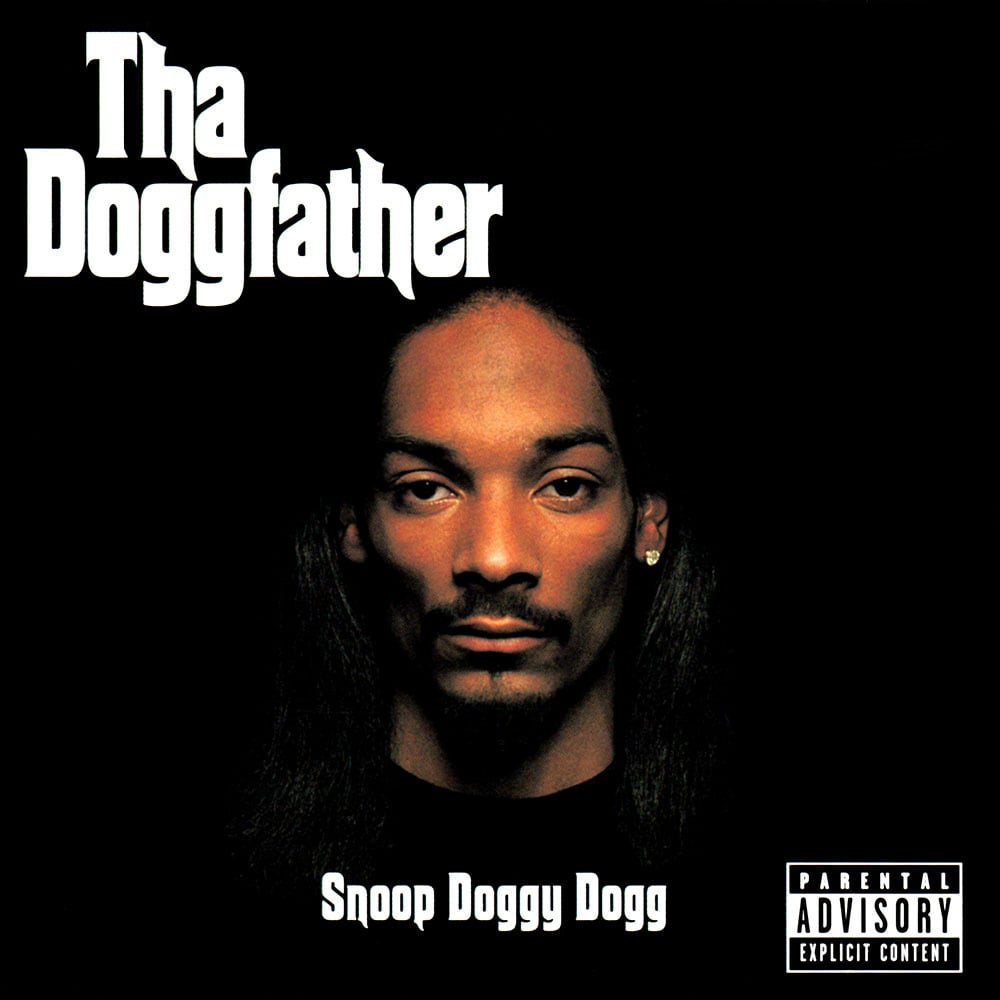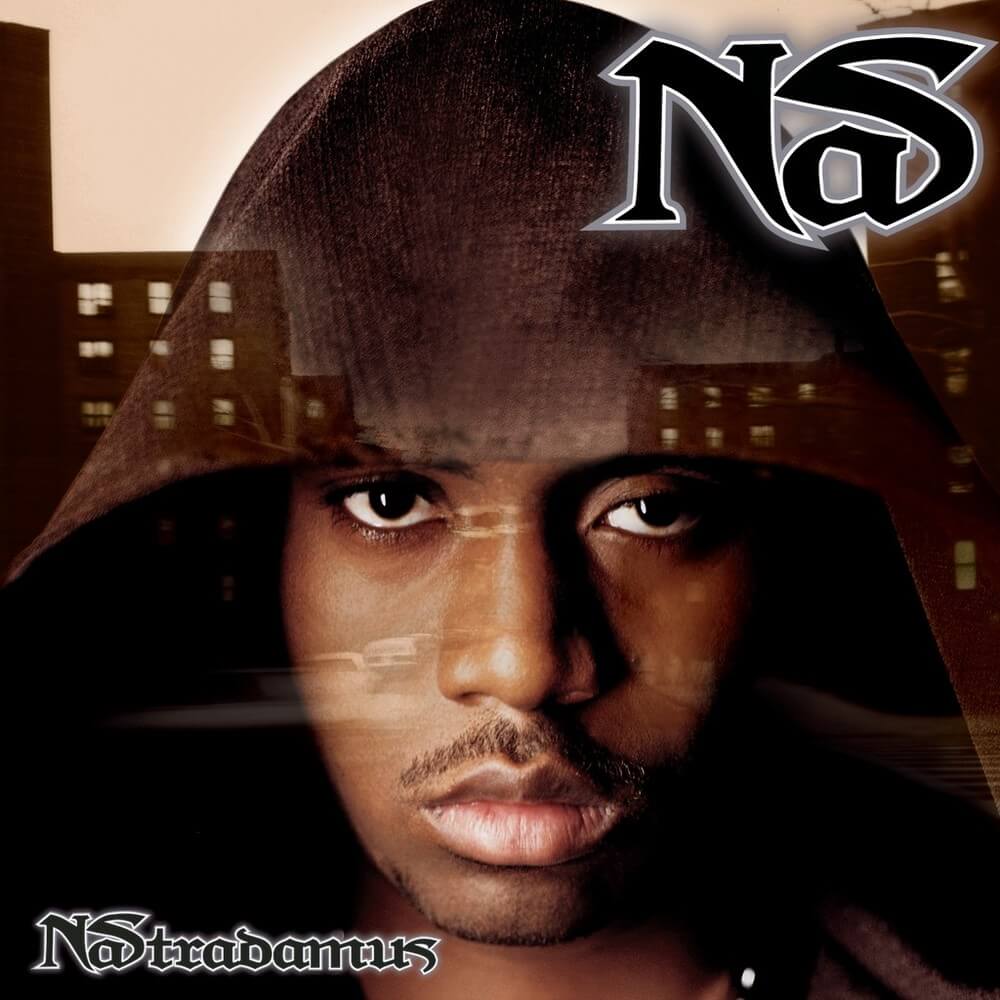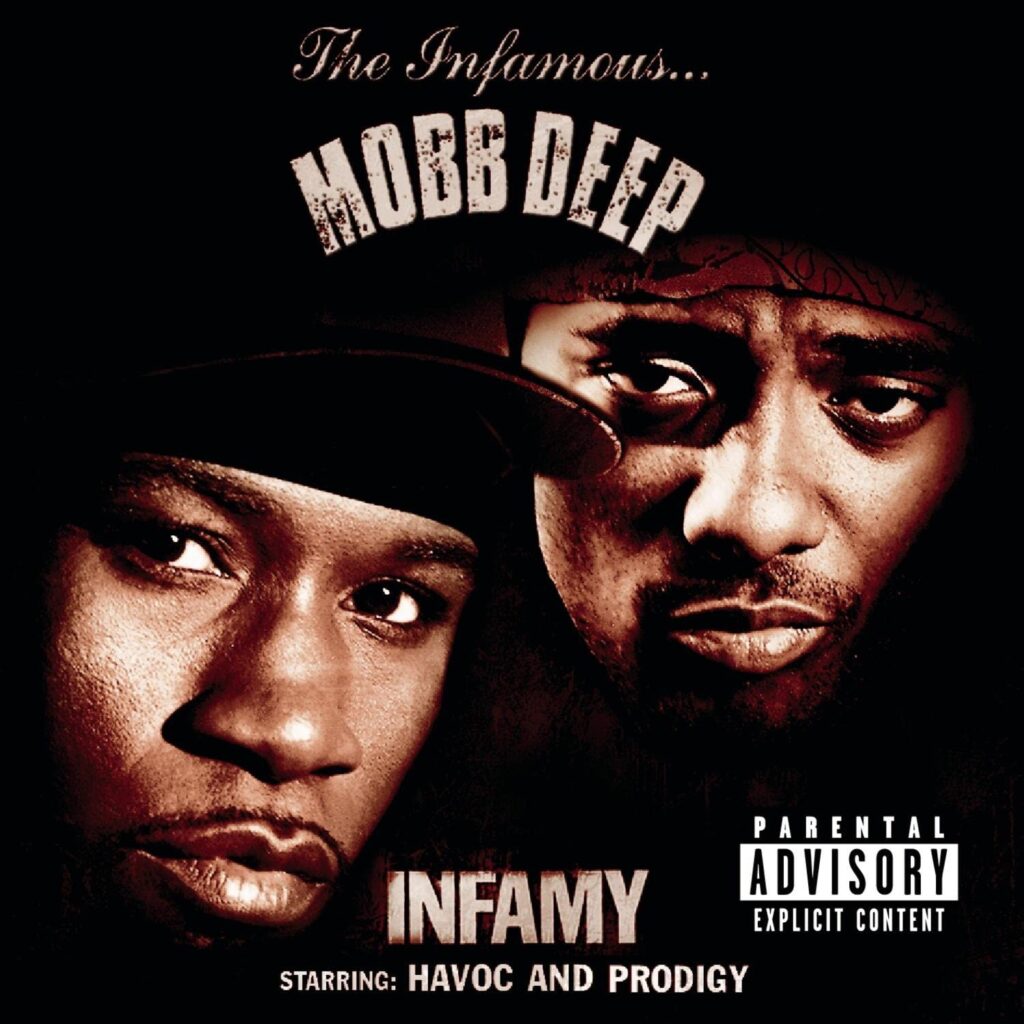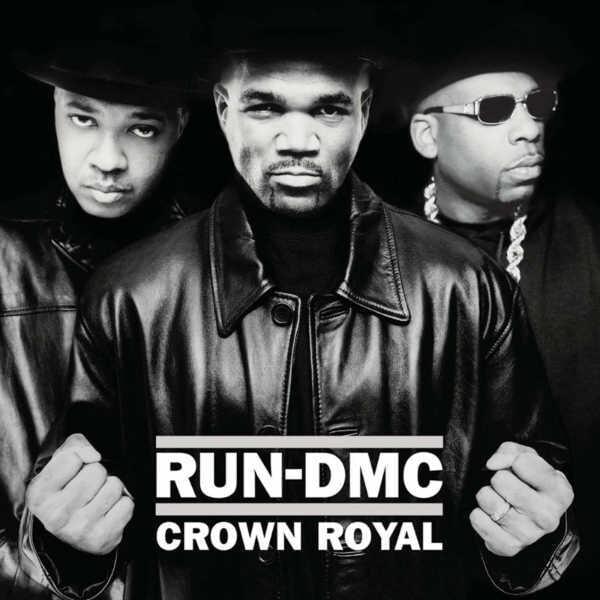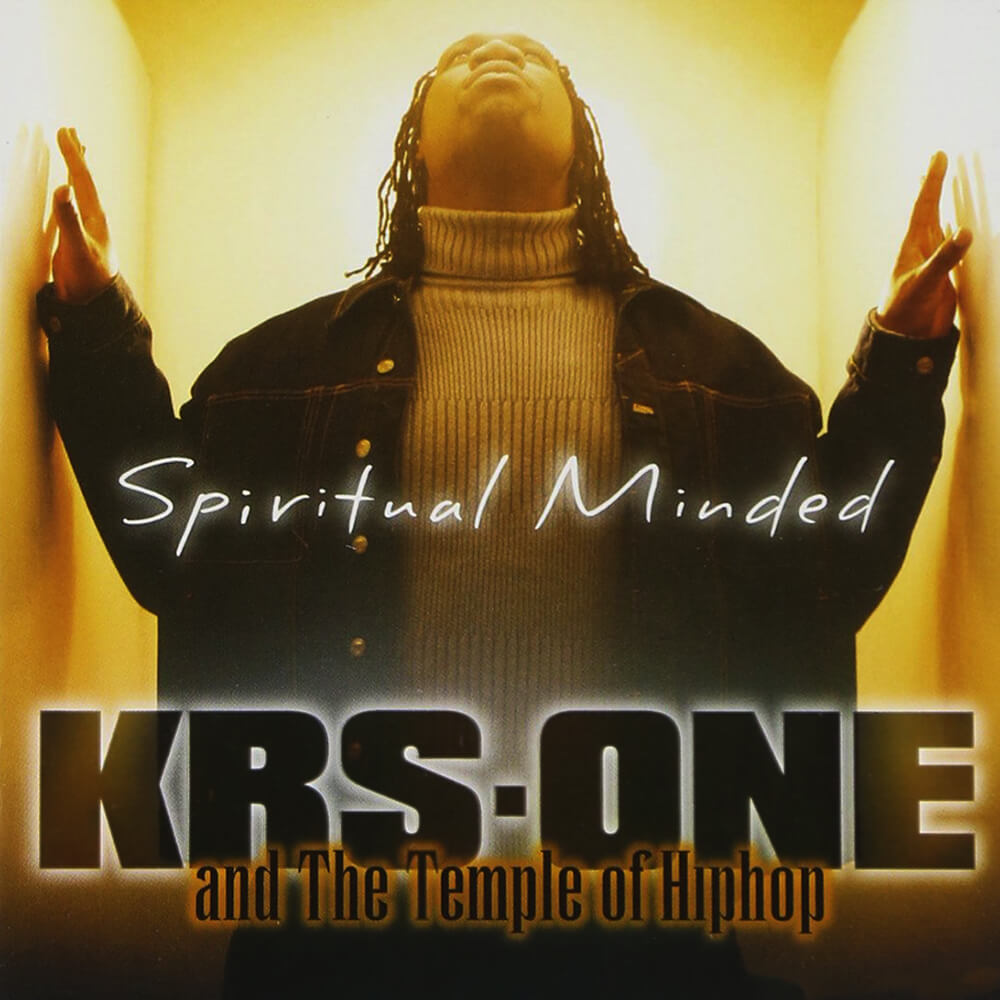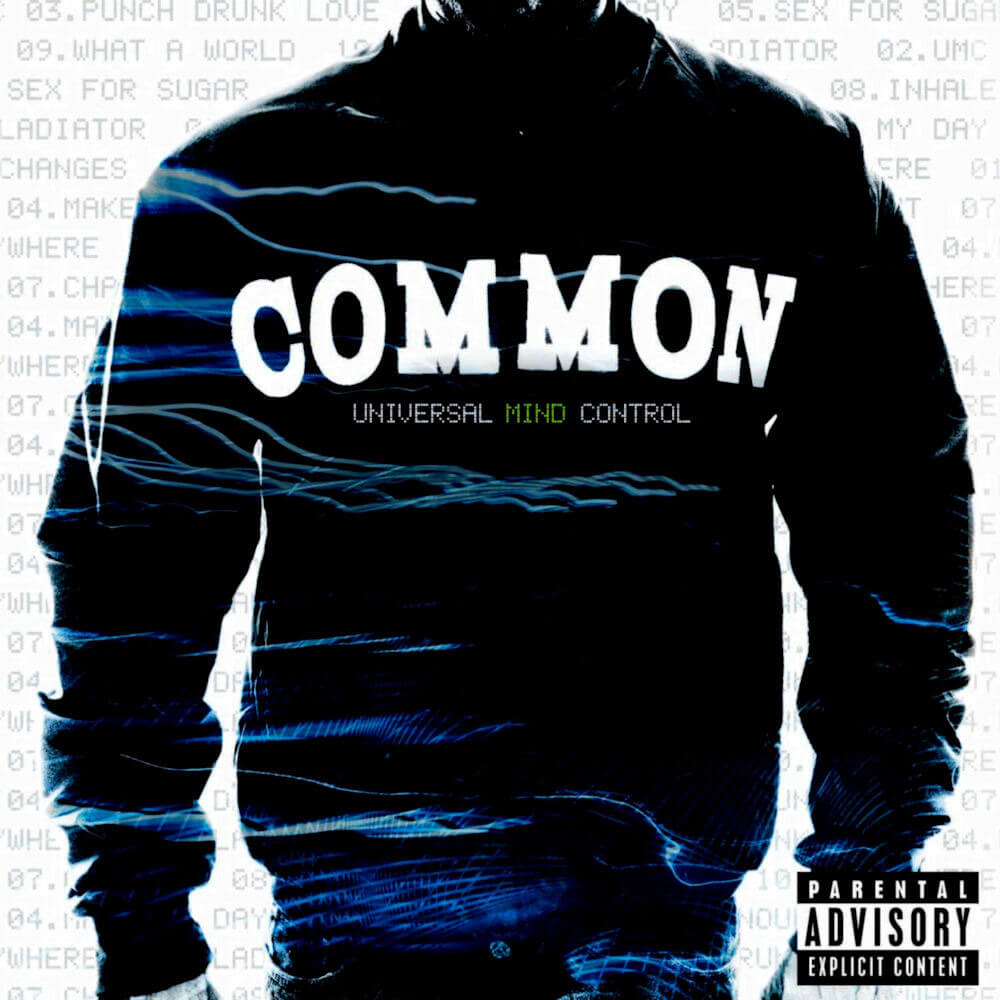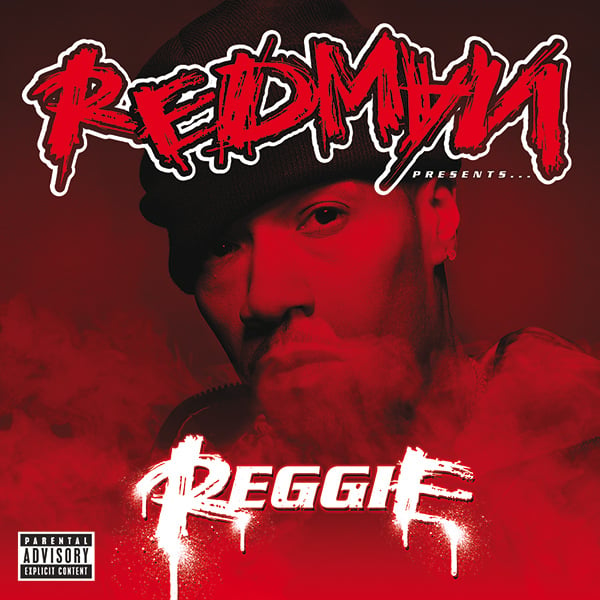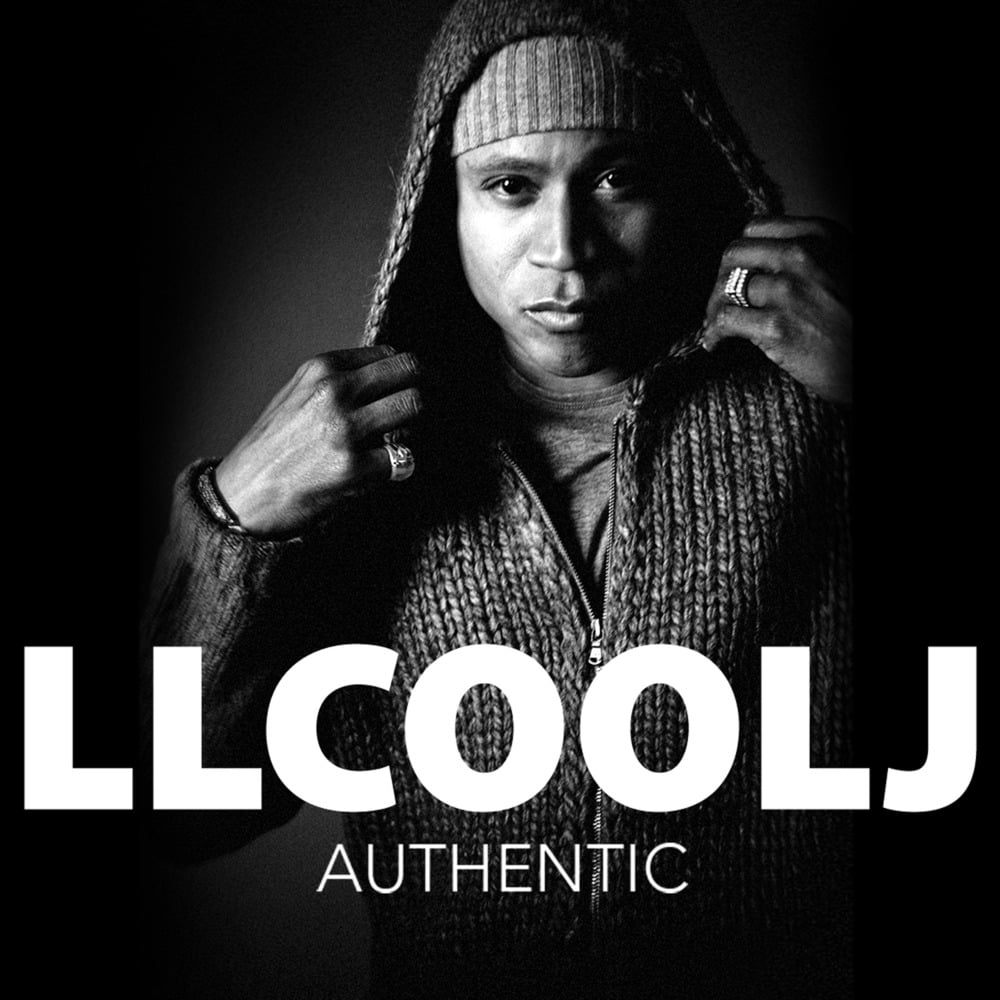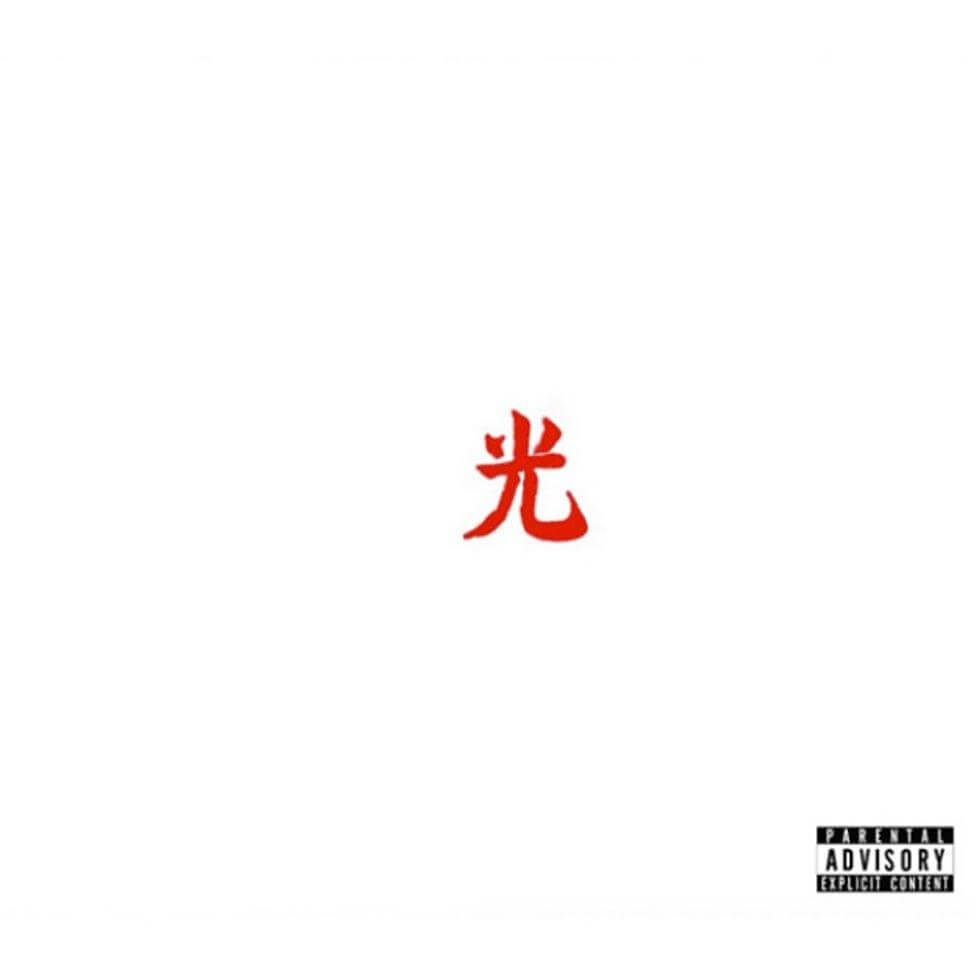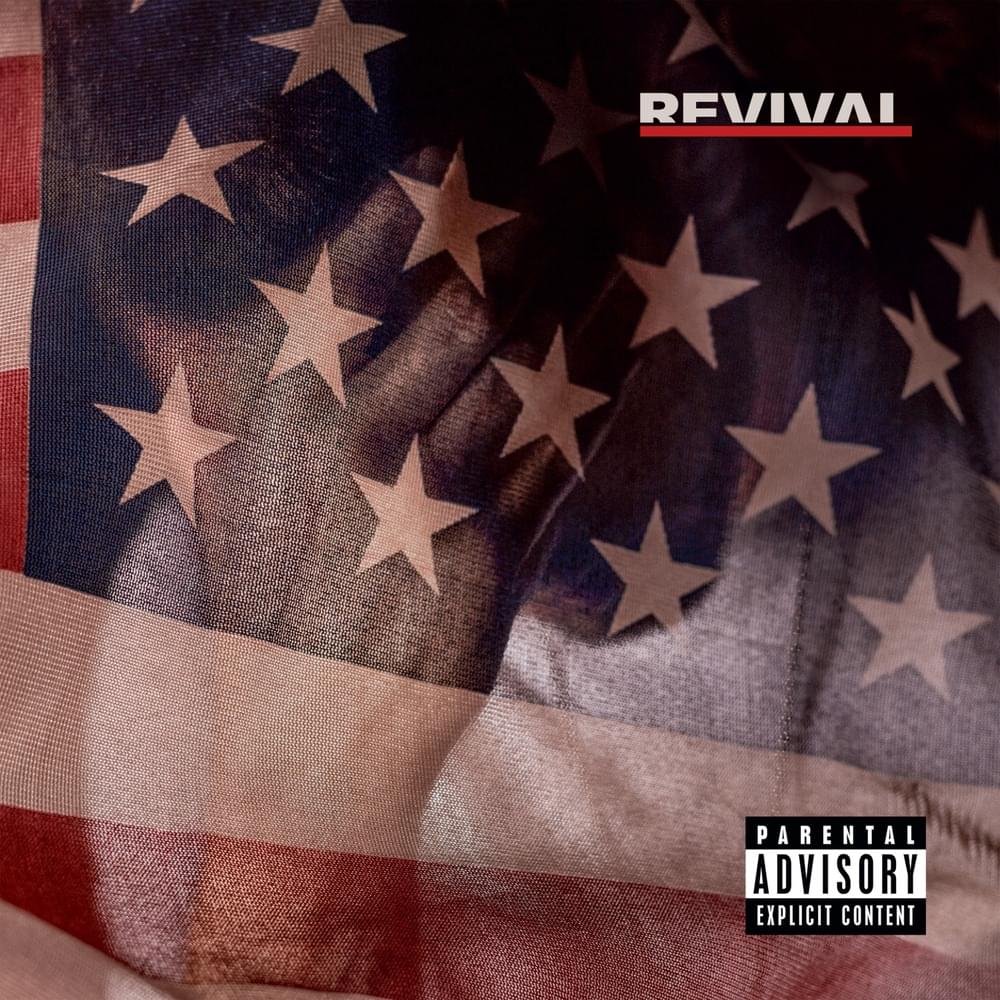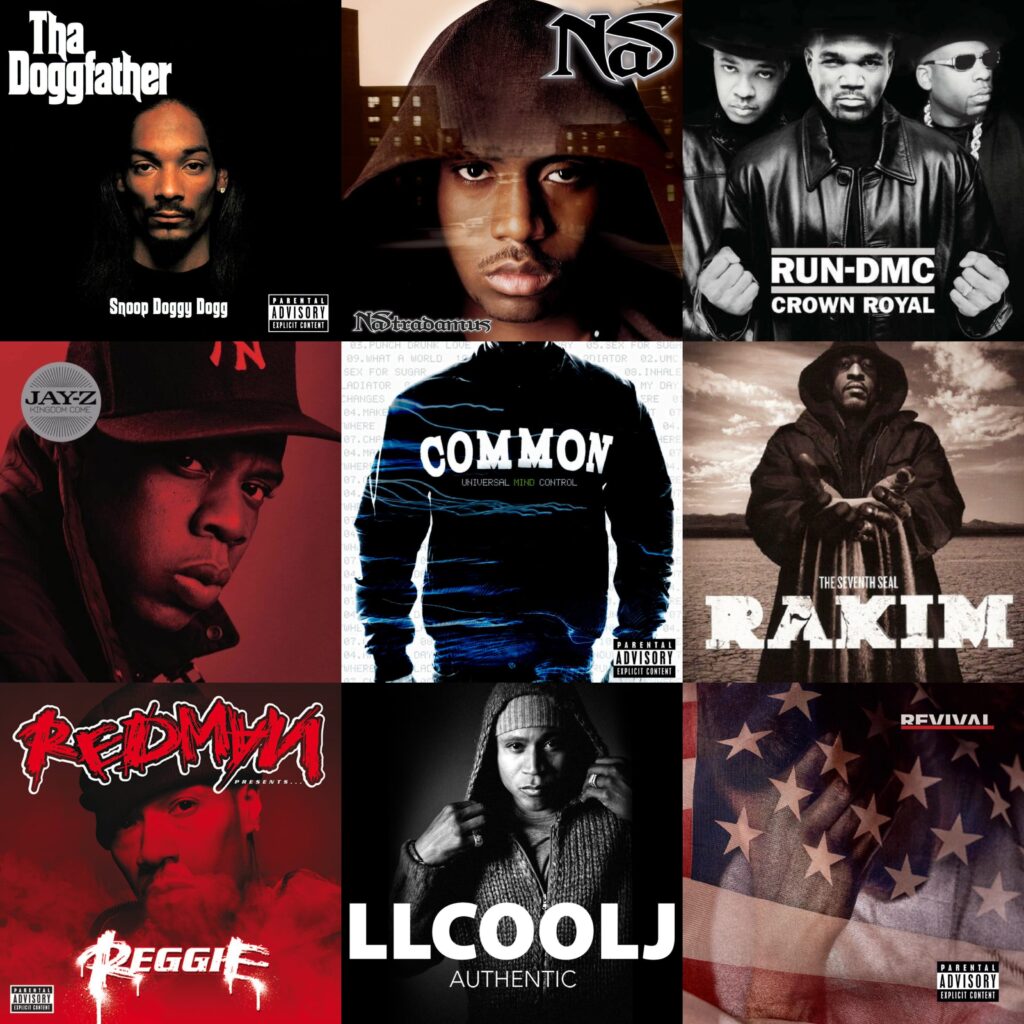
Before we dive into this list, let us clarify what we mean by “elite.” These are the rappers who have earned their stripes, and who have put in the time and effort to become legends in the game. We’re talking about artists some of who have dropped classic album after classic album, who have set the bar for what Hip Hop can be. They’ve earned the right to be called elite, and we expect nothing but greatness from them.
But sometimes, even the best of the best fall short. Sometimes, an elite artist will drop an album that leaves us scratching our heads, wondering what the hell happened. Maybe they tried something new and it just didn’t work. Maybe they got too comfortable and stopped pushing themselves creatively. Whatever the reason, the result is the same: an epic fail.
And that’s what we’re here to talk about today. The most disappointing albums from elite Hip Hop artists. Now, let us be clear: this isn’t about being churlish or about hating on these artists. We all have our missteps, our moments of weakness. And in many cases, these artists have bounced back with incredible albums that remind us why we love them in the first place. But we can’t pretend that these epic fails didn’t happen. We can’t just sweep them under the rug and pretend they don’t exist.
No, we need to confront them head-on. We need to talk about what went wrong and why, and what we can learn from these failures. Maybe there are lessons here for all of us, about the dangers of complacency, or the risks of trying to reinvent yourself too drastically. But mostly, we just need to vent. We need to get our frustrations out in the open, to commiserate with fellow fans who also feel let down by these albums. Because at the end of the day, Hip Hop is a community, and we’re all in this together. And remember: the artists on this list are all A-listers and among our favorites in the game. There probably are artists like Lil Wayne or Drake or the likes who have dropped albums that were disappointing to some – but since we don’t care about their music their failures cannot disappoint us, so they are not included here.
Buckle up, Hip Hop heads. We’re about to take a ride through twelve of the most disappointing albums, from some of the most elite Hip Hop artists. It’s gonna be a bumpy ride, but we’ll get through it together. And who knows, maybe we’ll even find some hidden gems along the way.
Snoop Doggy Dogg - Tha Doggfather (1996)
Time to talk about Tha Doggfather, Snoop Dogg‘s second studio album, and a bit of a letdown. Now, we’re not saying it’s his worst album, but no doubt it’s his most disappointing.
Let’s start with the good stuff. Snoop’s flow is still smooth as butter, and his charisma is off the charts. And the production is solid, with contributions from some heavy hitters like DJ Pooh and Daz Dillinger. But here’s the problem – Tha Doggfather was always going to have a tough time living up to the hype of Snoop’s classic debut, Doggystyle (1993). And unfortunately, it just doesn’t measure up. The rhymes feel a bit forced, and the hooks aren’t as catchy. It’s like Snoop was trying too hard to recapture the magic of his debut, but he just couldn’t quite get there. And while the production was solid, Dr. Dre’s magic touch is definitely missing.
There are still some standout tracks, of course. “Snoop’s Upside Ya Head” is a classic, “Vapors” is a cool cover of the Biz Markie classic, and “Up Jump tha Boogie” has a killer beat. But overall, Tha Doggfather just feels a bit lackluster. It’s like Snoop was going through the motions instead of pushing himself to create something truly great – some of the lyrics on Tha Doggfather just feel tired and uninspired. It’s like Snoop was running out of things to say, and he was relying on played-out tropes to fill out the album. And some of the songs, skits, and interludes just feel like filler – at 73 minutes the album is bloated and about 20 minutes too long.
Now, we don’t want to be too hard on Tha Doggfather. It’s not a bad album by any means. But as a follow-up to Doggystyle, it’s just not on the same level. And considering the massive expectations that were riding on Snoop’s shoulders, it’s understandable that fans might have been disappointed. But here’s the thing – Snoop Dogg is still one of the greatest rappers of all time. Even his “disappointing” albums are better than a lot of rappers’ best work. And Tha Doggfather has its moments, for sure. But compared to the high standards that Snoop set for himself with his debut, it just falls short.
So, in conclusion, we can say that Tha Doggfather might not be Snoop Dogg’s worst album, but because it came with high expectations after the iconic Doggystyle, it’s definitely his most disappointing. It’s like Snoop was trying to recapture lightning in a bottle, but he just couldn’t quite get there. Still, it’s worth a listen for die-hard fans, and there are some standout tracks that make it worth your while. But if you’re looking for the best of Snoop Dogg, stick with Doggystyle or some of his later albums like Tha Blue Carpet Treatment (2006).
Nas - Nastradamus (1999)
Alright, let’s get real about Nas‘s Nastradamus album. There’s no denying that this was a highly anticipated release for fans of the Queensbridge rapper, especially given the high bar set by his previous albums. But the reality is that Nastradamus fell short of those expectations in a lot of ways.
First off, let’s talk about the beats. While there are some decent tracks on the album, the overall production is just not up to par with Nas’s previous work. There are a lot of generic, forgettable beats that don’t do much to elevate Nas’s rhymes. And while there are a few standout tracks, like the title song, they’re few and far between.
Then there’s the lyrics. Nas has always been known for his vivid storytelling and clever wordplay, but on Nastradamus, he seems to be coasting on his reputation rather than pushing himself to do better. There are some decent verses here and there, but for the most part, the lyrics feel lazy and uninspired. And while Nas has always been a bit hit-or-miss when it comes to hooks, the ones on Nastradamus are particularly grating. “Big Girl” is a prime example of this – it’s a juvenile, cringe-worthy track that sounds like it was written by someone who’s never interacted with a woman before.
Another issue with Nastradamus is that it feels disjointed and unfocused. There’s no real narrative or theme tying the album together, which makes it feel more like a collection of random tracks than a cohesive project. This is particularly disappointing given Nas’s track record for crafting albums with strong overarching themes, like Illmatic (1994) and It Was Written (1996).
And let’s not forget the timing of this release. Nastradamus came out just six months after I Am..., which had already been a bit of a letdown compared to Nas’s earlier work. So fans and critics were already primed to be disappointed by this album, and unfortunately, it didn’t do much to change their minds.
That being said, it’s not all bad. Nas’s flow is as sharp as ever on many of the tracks, and there are a few moments where he does manage to recapture some of the magic of his earlier albums. But overall, Nastradamus just doesn’t measure up. It feels rushed and underdeveloped, almost like Nas was more interested in churning out an album to fulfill his contract with Columbia Records than in creating something truly great.
In the end, Nastradamus is a disappointment, plain and simple. It’s not without its moments, but they’re few and far between, and the overall lack of focus and creativity makes it a forgettable entry in Nas’s discography. If you’re a die-hard Nas fan, you might find some enjoyment in revisiting it, but if you’re looking for a truly great album from one of Hip Hop’s legends, you’re better off sticking with Illmatic or It Was Written, or almost any of his other albums for that matter.
Mobb Deep - Infamy (2001)
Infamy is undoubtedly the most disappointing album in Mobb Deep’s discography. Following up on the acclaimed Murda Muzik which showcased Prodigy and Havoc at their most ferocious, Infamy had the potential to be another classic. Instead, it felt like a regression.
The album’s biggest issue is its lack of focus. Mobb Deep had always excelled at crafting gritty, street-level narratives, but on Infamy, they seemed to be trying to appeal to a wider audience. The result is a scattered, inconsistent album that never quite finds its footing. The production is also a letdown. Mobb Deep’s trademark sound had always been dark and brooding, but for half of the album here it’s replaced with glossy, overproduced beats that lack the grit and rawness of their earlier work. Even the features on the album, which include names like Nas and Lil’ Mo, fail to elevate the material.
Lyrically, the album is hit-or-miss. There are certainly moments of brilliance, but there are more forgettable tracks that don’t stick in the memory. The album’s lead single, “Hey Luv (Anything)” featuring 112, is a prime example of this. It’s a watered-down attempt at a radio hit that feels out of place on an album by a group known for their uncompromising sound. “There I Go Again” with Roland Isley is a similar miss.
Infamy‘s lack of cohesion is perhaps best exemplified by its sequencing. The album’s first half is a hodgepodge of tracks that don’t seem to fit together, while the second half is dominated by more melodic, R&B-influenced tracks that feel like a sharp departure from Mobb Deep’s usual sound. The end result is an album that feels like it’s trying to be too many things at once, and as a result, it fails to excel at any of them.
In the end, Infamy is a disappointing album that falls far short of the high bar set by Mobb Deep’s The Infamous (1995), Hell on Earth (1996), and Murda Muzik (1999). Infamy is not without its moments of brilliance, but they are few and far between. Instead, the album is weighed down by its lack of focus, inconsistent production, and forgettable tracks. It’s a shame, because Mobb Deep was one of the most exciting acts in Hip Hop at the time, and Infamy should have been another feather in their cap. Unfortunately, it’s an album that’s best left forgotten.
Run DMC - Crown Royal (2001)
Crown Royal, the 2001 album from Run DMC was the last in the history of the group. After the murder of DJ Jam Master Jay, on October 30, 2002, the other group members Joseph Simmons (Run) and Darryl McDaniels (DMC) announced the group’s official disbanding. Crown Royal is not their finest moment. In fact, it is Run DMC’s worst album.
A big issue with this album is that DMC is barely on it. And when he is, it’s clear that he was struggling with his voice at the time (he was later diagnosed with spasmodic dysphonia). It’s like Run DMC tried to carry on without him, but let’s be real – Run DMC without DMC isn’t really Run DMC. He’s one of the most iconic MCs in Hip Hop history, and his powerful voice and his iconic back-and-forths with Run are sorely missed on Crown Royal.
So who’s left to hold it down on this album? Well, Run is still bringing his A-game, but even he can’t save this sinking ship. And then there are the features. Don’t get us wrong, there are some big names on here – Nas, Prodigy, Fat Joe, Method Man – but even they can’t save this project.
And let’s talk about the production. Run DMC were clearly trying to incorporate some more modern sounds into their music, but it just comes off as awkward and forced. The beats lack the same punch and energy that their earlier music had, and the overall sound of the album is just kind of… meh. And then there are the lyrics. Look, Run is a great MC, and he’s got some solid verses on this album (even if his voice is buried under the instrumentals here and there). But there are also some cringy moments and a lot of rehashing of old bars. And don’t even get us started on some of the cheesy hooks on here, and the limp rap-rock attempts with not-great features from the likes of Kid Rock, Fred Durst, Everlast, and others.
Overall, Crown Royal is a disappointment. The first three tracks are OK, but it’s all downhill from there. It’s like Run DMC was trying to keep up with the times and stay relevant, but they ended up losing sight of what made them great in the first place. The absence of DMC is felt throughout the entire album, and the lackluster production and awkward attempts to stay current just fall flat.
If you’re a die-hard Run DMC fan, you probably have checked this album out just to say you’ve heard it. But if you’re new to their music and trying to get into 1980s Hip Hop, there are so many better places to start. Look to their earlier albums Run DMC (1984), King Of Rock (1985), Raising Hell (1986), and Tougher Than Leather (1988) – those are the ones that cemented their place in Hip Hop history.
All in all, Crown Royal is a miss for Run DMC. Fortunately, we know that they’ll continue to be remembered and celebrated for their classic tracks and groundbreaking contributions to Hip Hop between 1984 and 1988.
KRS One - Spiritual Minded (2002)
When it comes to KRS-One’s Spiritual Minded album, opinions are divided. While some love it for its focus on religious and spiritual themes, others criticize it for being too preachy and lacking in musical innovation. We are the biggest KRS fans, but we lean toward the latter camp.
The beats on this album are pretty unremarkable, and the gospel-inspired hooks don’t always work well with the overall sound. However, as always, KRS-One’s lyrics are on point. Tracks like “South Bronx 2002”, “Hip Hop Knowledge”, and “The Conscious Rapper” showcase his sharp rhyming skills and thought-provoking messages. “Take Your Tyme” is also a standout track, with its powerful message that will resonate especially with people who have daughters. On a 70-minute album, these good moments are too few and far between though.
However, for those who aren’t particularly interested in the religious and spiritual themes that permeate this album, it can be a bit of a slog to get through. The repetitive focus on these subjects can start to feel tedious after a while, and the lack of musical innovation doesn’t help matters. Overall, Spiritual Minded is an album that polarizes fans of KRS-One. While it’s not without its merits, the lack of musical innovation and the somewhat one-note focus on religious and spiritual themes make it a difficult album to recommend to all but the most dedicated fans of KRS-One’s style and message.
Jay-Z - Kingdom Come (2006)
Kingdom Come was Jay Z’s so-called “comeback” album from 2006. Unfortunately, it’s a total snoozefest. Jay Z is one of the greatest rappers of all time. He’s got classic albums like Reasonable Doubt (1996), The Blueprint (2001), and The Black Album (2003) under his belt, and plenty of other dope projects besides, In My Lifetime, Vol. 1 (1997), Vol. 2…Hard Knock Life (1998), American Gangster (2007), and 4:44 (2017) most prominent among them. But Kingdom Come? This is easily his worst effort, and that’s taking into account other limp efforts like The Blueprint 3 (2009) and Magna Carta…Holy Grail (2013).
Production on Kingdom Come is bland, generic, and uninspired. There’s no energy, no creativity, no soul. It’s like Jay Z just phoned in his verses and let some intern pick out the beats. And speaking of Jay Z’s verses, they’re just…meh. He sounds bored and disinterested – like he’s just going through the motions. But the worst part of Kingdom Come? The lack of a cohesive vision. There’s no sense of purpose or direction. It’s like Jay Z just threw a bunch of songs together and hoped for the best. There’s no overarching theme, little emotional resonance, and hardly any cultural commentary. It’s just a bunch of forgettable tracks that you’ll forget as soon as they’re over.
Of course, we’re not saying Jay-Z is a bad rapper. He’s a legend for a reason. But Kingdom Come? It’s a dud. If you want to listen to some real Jay Z, go check out The Blueprint or Reasonable Doubt. Leave this one on the shelf.
Common - Universal Mind Control (2008)
Now, let’s talk about Common’s Universal Mind Control album. When it dropped in 2008, it was clear that Common was trying something new – he had always been a conscious, politically-minded rapper, but this album marked a departure from that style. And while there are some (few) things to like about Universal Mind Control, it’s safe to say that it wasn’t exactly a slam dunk.
Let’s start with the good. One thing that is more or less OK about this album is the production – it’s kind of funky, it’s upbeat, and it’s definitely got something of a party vibe. This is thanks in part to the Neptunes, who produced most of the tracks on the album. While some fans might have been put off by this departure from Common’s usual sound, there’s no denying that some of the beats are infectious and will get your head nodding. Another thing that works well on Universal Mind Control is Common’s flow. He’s always been a skilled MC, and he adapts well to the more danceable beats on this album. There are some tracks where he really shines, like “Punch Drunk Love” and “Announcement.”
But unfortunately, there are more missteps on this album. For one thing, the lyrics are pretty shallow and dumbed down. While Common has never been a gangsta rapper, he’s always had something to say about social justice, politics, and the state of the world. But on Universal Mind Control, he seems content to stick to party lyrics and shallow rhymes. There are some tracks where he tries to delve into deeper themes – “Changes” is a notable example – but for the most part, the lyrics feel like an afterthought.
Another issue with this album is the features. Common has always been selective about who he collaborates with, and he’s worked with some amazing artists in the past. But on Universal Mind Control, some of the features just don’t work. Kanye West, who executive produced the album, shows up on a couple of tracks, and while his production is fine, his verses feel out of place. And while Pharrell Williams is a talented artist in his own right, his guest appearances on this album are forgettable at best.
Finally, it’s worth noting that Universal Mind Control just doesn’t have the same staying power as some of Common’s earlier albums. While there are some catchy tracks on here that will get you moving, there’s really no depth or substance to the album as a whole. It feels like Common was trying to make a commercial hit rather than a truly great album, and unfortunately, that goal doesn’t quite come to fruition.
Universal Mind Control just isn’t a good album – it’s pretty far from the high standards that fans have come to expect from Common. It’s easily Common’s worst, and we didn’t forget about the experimental oddity that was Electric Circus (2002) either. If you’re in the mood for some lightweight danceable bubblegum Hip Hop, then this album might deliver. But if you’re looking for something that will make you think and challenge you as a listener, you might want to look elsewhere – anywhere – in Common’s discography.
Rakim - The Seventh Seal (2009)
Rakim’s third solo album, The Seventh Seal, was a letdown. Now, let’s start with some background info. Rakim is a legend in the game, no question. He’s responsible for some of the most iconic tracks in Hip Hop history. His partnership with Eric B produced four classic albums, “Paid in Full” (1987) and “Follow the Leader” (1988) premier among them. In 2009, it had been a while since we’d got a solo project from the God MC. His last album, the solid The Master, dropped back in 1999, so fans were definitely excited to hear what he had in store with The Seventh Seal.
Unfortunately, it didn’t live up to expectations. The beats were lackluster, and the rhymes were average at best. The energy and passion that we heard on classics like “I Ain’t No Joke” and “Microphone Fiend” just weren’t present on this album. One of the biggest issues with The Seventh Seal is the production. The beats are forgettable and uninspired, which is surprising considering the caliber of producers that Rakim has worked with in the past. There are some decent tracks on here, like “Holy Are You”,” but overall, the production just feels dated and generic.
The rhymes are also a bit underwhelming. There are some clever lines and wordplay here and there, but nothing that really stands out or makes you say “damn, Rakim killed that.” It’s like he was just going through the motions, not really pushing himself to be his best. Even his voice sounds different, a little muted even. Overall, The Seventh Seal is a forgettable album from a legendary emcee. It’s not a terrible project by any means, but it’s definitely not one of Rakim’s best.
Redman - Reggie (2010)
Ah, Redman’s Reggie… Now, let us just say off the top, we’re big Redman fans. He’s been putting in work in the game for decades, and he’s responsible for some classic tracks and albums. However, Reggie just doesn’t quite hit the mark.
First off, the album is supposed to be a concept album, introducing us to Redman’s new alter ego, Reggie Noble. Unfortunately, the concept falls flat. It’s not really clear what separates Reggie from Redman, and the whole thing feels like an unnecessary gimmick. Redman was already a well-established artist, he didn’t need a new persona to get people interested in his music.
Now, let’s talk about the actual content of the album. Reggie has some redeeming features, but not a lot. There are some sparks of lyrical brilliance here and there – it IS Redman after all, always likable, good-natured, and humorous – but for the most part, the album falls flat. The beats are forgettable, and the rhymes are just okay. One issue with Reggie is that Redman actually uses autotune on one of the tracks – a tool that only wack rappers need. Redman is a top-tier emcee, he doesn’t need to rely on gimmicks like autotune to make good music. It’s worth noting that “Reggie” was Redman’s last album on Def Jam, and it definitely sounds like an obligatory afterthought. The whole thing feels rushed, and even the artwork looks like it was thrown together at the last minute.
With all that being said, it’s not all bad. “Tiger Style Crane” is a dope track that closes out the album in true Redman style. The beat is hard-hitting, and Redman comes with some clever rhymes that remind us why we fell in love with him in the first place. It’s just a shame that the rest of the album doesn’t quite live up to that level of quality.
In conclusion, “Reggie” is a disappointing album from a legendary emcee. There are some sparks of brilliance here and there, but for the most part, the album falls flat. The concept doesn’t really come off, the beats are forgettable, and the use of autotune is a misstep. Diehard Redman fans will not skip it, but Redman casuals might want to go with the five albums that preceded this one instead.
LL Cool J - Authentic (2013)
First off: LL Cool J’s is one of the GOATs as far as we’re concerned. He was a pioneer, and his Radio (1985) was a game-changing debut. Bigger and Deffer (1987) is an iconic record, the underappreciated Walking with a Panther (1989) is dope as f, and Mama Said You Knock You Out (1990) is a masterpiece. The three albums that would follow in the 1990s have way more highs than lows too.
Authentic can not be counted among LL Cool J’s best work, though. In fact, it’s probably his worst album to date (and none of his post-2000 albums have been particularly strong). While there are a few bright spots on this record, it’s largely forgettable and lacks the same energy and creativity that LL brought to his pre-2000 releases.
First of all, let’s talk about the production values of Authentic. While some of the beats on the album are decent, they’re also pretty generic. There’s nothing here that really stands out or feels innovative. LL worked with a variety of producers, including Jaylien and Trackmasters, but even they can’t save this album from being mediocre at best. The beats feel stale and uninspired – like they were pulled from a bargain bin of generic Hip Hop pop instrumentals.
And unfortunately, the lyrics don’t do much to redeem this album either. While LL has always been known for his confident and charismatic delivery, his rhymes on Authentic feel lazy and unengaging. Another issue with Authentic is the guest appearances, which feel uninspired and uninteresting. Monica shows up on “Closer,” but her vocals feel like an afterthought. The same goes for Eddie Van Halen’s guitar solo on “We’re the Greatest” – it just feels forced and out of place. And let’s not forget about the cringe-worthy collaborations with Seal and Brad Paisley. “Live For You” is a particularly egregious example, with LL rapping over a bland country beat while Paisley plays guitar in the background. It’s a bizarre and uncomfortable track that feels like it’s trying too hard to be edgy and experimental.
Ultimately, Authentic just doesn’t have the same energy and passion that fans have come to expect from LL Cool J. It feels like a half-hearted attempt to stay relevant, rather than a bold and creative statement from one of Hip Hop’s biggest icons. There are a few bright spots on this album – “We Came to Party” and “Whaddup” are decent tracks – but they’re not enough to save the album as a whole.
If you’re a diehard LL Cool J fan, you might find something to enjoy on Authentic. But if you’re looking for an album that really showcases LL’s talents and creativity, you’ll want to look elsewhere in his discography. Authentic is a forgettable and lackluster release that fails to live up to LL’s legacy as one of Hip Hop’s greatest MCs.
Lupe Fiasco - Drogas Light (2017)
Lupe Fiasco‘s Drogas Light is undoubtedly one of the lowest points of the Chicago emcee’s recording career. Despite having more highs than lows, this album is a definite low point. After the commercialized Lasers in 2011, Drogas Light marked Lupe’s other failed attempt at creating an album with mainstream appeal. Unfortunately, pop-rap isn’t exactly his forte, and it shows in this album.
Following the release of the critically acclaimed Tetsuo & Youth in 2015 and a year before the monumental Drogas Wave (2018), Drogas Light was distinctly underwhelming. Lupe himself has referred to it as a “refinement of Lasers,” implying that a lot of the material on the album was not recent and that there were only “a few new pieces.” He promised that DROGAS was coming in the next few months and that Drogas Light was just the prequel to that project.
However, this prequel is unnecessary and has nothing to do with the brilliant conceptually complicated Drogas Wave. Musically, it’s just as bad as Lasers. The album starts off as a trap album, filled with forgettable trap beats, and a Lupe Fiasco who changed his flow and delivery to sound like a mainstream trapper. From the middle of the album onwards, the tone shifts from trap to more pop-like instrumentals with weak beats and terrible hooks. Drogas Light is a mixed bag, with two bad halves.
Some people have claimed that this album was intended to be a clever concept album parodying mainstream pop-rap, trap, and gangsta rap by emulating their sounds and themes, similar to Masta Ace’s brilliant Slaughtahouse album (1993). However, if that was the case, it falls flat on its face. The album fails to achieve anything of value or creativity and is a total dud.
In comparison to Lasers, which at least had a couple of decent tracks, Drogas Light has none. Overall, Drogas Light is a significant disappointment in Lupe Fiasco’s catalog. It’s a shame, considering the heights he has reached in the past – Food & Liquor (2006), The Cool (2007), Tetsuo & Youth, and Drogas Wave are classic or near-classics. Newcomers to Lupe Fiasco should stay away from this album and listen to his four best works instead, which really showcase his immense talent as a rapper and musician.
Eminem - Revival (2017)
Revival by Eminem is, without a doubt, his worst album yet – and it is not even his only stinker after his epic run from 1999 through 2002 with The Slim Shady LP, The Marschall Mathers LP, and The Eminem Show. Revival is his worst though, falling short on multiple levels.
Firstly, the production on Revival is just plain lackluster. Eminem has always been known for his lyrical prowess, but this time around, he seems to have completely neglected the beats and overall sound of the album. The beats are basic and uninspired, and they lack the energy and punch that we’ve come to expect from an Eminem project.
Another major issue with Revival is the overall structure of the album. It’s messy, disjointed, and lacks a clear direction. The songs don’t flow together well, and there are too many pop-oriented guest features that distract from Eminem’s own verses. It’s almost as if he’s trying too hard to appeal to a wider audience, and in doing so, he loses the essence of what makes him unique.
Perhaps the biggest disappointment of Revival, however, is Eminem’s lyrics. His wordplay and flow just aren’t up to par with his previous work. He seems to have lost his edge here, and the content of his lyrics lacks the depth and complexity that we’ve come to expect from him. Some of the bars on this album are downright cringe-worthy, and it’s clear that Eminem is struggling to keep up with the times. Furthermore, the messaging of Revival is all over the place. Eminem tries to tackle a wide range of issues, from politics to addiction, but he does so in a way that feels disjointed and preachy. There’s no clear message or theme that ties the album together, and it comes across as a mishmash of ideas that don’t quite fit together.
Overall, Revival is a disappointing project from a Hip Hop legend. Eminem has always been known for pushing boundaries and challenging societal norms, but this album feels like a cheap imitation of his past work. The lackluster production, messy structure, out-of-place guests, and underwhelming lyrics make for a project that falls far short of Eminem’s potential. We hate to say it, but Revival is one to skip.
Well, that was a wild ride, wasn’t it? We’ve taken a deep dive into some of the most disappointing albums from elite Hip Hop artists, and we don’t know about you, but we’re left feeling a little bit shell-shocked. But you know what? Despite all the letdowns and disappointments, there’s a silver lining to all of this. Because even the most epic fails from our favorite artists are still part of the rich tapestry that is Hip Hop.
Think about it: without these missteps, we wouldn’t have the context to truly appreciate the classics. We wouldn’t understand how hard it is to maintain greatness over the course of a career, or how much pressure these artists are under to constantly innovate and push the boundaries. And let’s not forget that even the most disappointing albums from elite Hip Hop artists have their defenders. There are always going to be fans who see something in these records that the rest of us don’t. Maybe it’s a particular beat or verse that resonates with them, or maybe it’s just a personal connection they have to the artist.
That’s the beauty of Hip Hop, and music in general. It’s a subjective art form, and everyone’s experience of it is different. So while we might all agree that certain albums are epic fails, we can still appreciate that someone, somewhere out there, is getting something out of them.
Of course, that’s not to say we should just ignore the shortcomings of these albums. As fans, it’s our responsibility to hold our favorite artists accountable, to demand the best from them, and to speak out when we feel let down. But we should also approach these albums with an open mind, and try to see them in the context of the artist’s entire body of work.
So what have we learned from all of this? Well, maybe that even the greatest of the great can stumble from time to time. Maybe that we should never take our favorite artists for granted, and always be grateful for the incredible music they’ve given us. And maybe that, when it comes down to it, it’s not just about the hits and classics, but about the journey we take with these artists, through the good times and the bad.
Thanks for joining us on this journey through the most disappointing albums from elite Hip Hop artists. Keep your chins up, Hip Hop heads, and remember: even when it feels like the world is against us, we’ve always got music to see us through.
